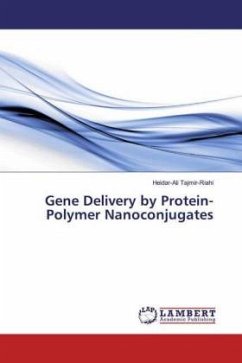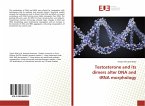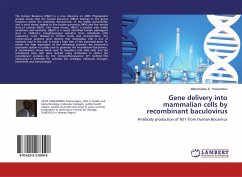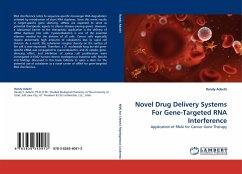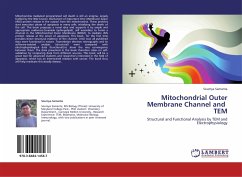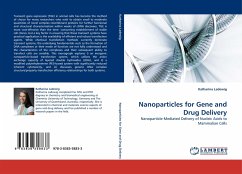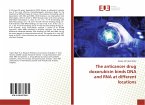In this book, we explore the potential applications of protein-polymer nanoconjugates in gene delivery. Conjugation of human serum albumin (HSA), bovine serum albumin (BSA) and beta-lactoglobulin (beta-LG) with chitosan (carbohydrates) and PAMAM (dendrimers) of different sizes were used to transport DNA and RNA. Thermodynamic analysis showed that the conjugation of DNA and RNA to protein-polymer nanoparticles occurred via hydrophilic, hydrophobic, H-bonding and van der Waals contacts. As the size of portion-polymer nanoconjugate increased, the loading efficacy of DNA and RNA was increased (40% to 60%). Major alterations of DNA and RNA morphology occurred by nanoparticle interaction. Protein-polymer nanoconjugates are capable of delivering DNA and RNA to the target molecules.

